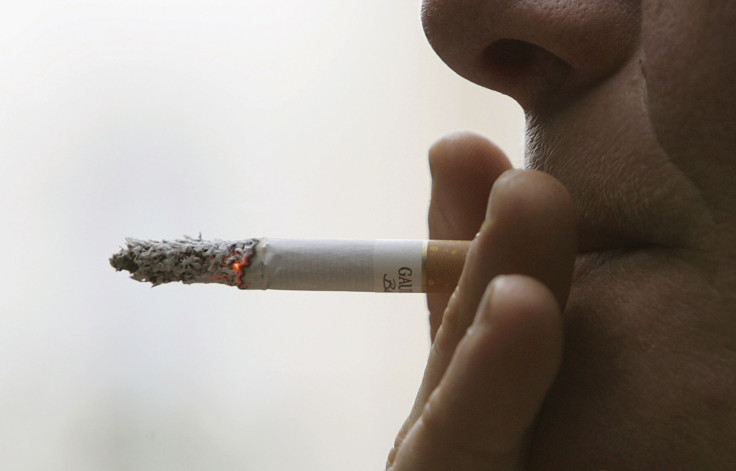'Swap to stop' scheme will give 1 million smokers free vape kits
Up to £400 will also be offered to pregnant women, as part of a package of measures in England that the 'swap to stop' scheme will implement.

Approximately one million tobacco smokers will be given free vaping starter kits for the government's new "swap to stop" plan. Up to £400 will also be offered to pregnant women, as part of a package of measures the UK government is implementing.
The current plans include consulting cigarette manufacturers about putting inspirational messages and quitting advice inside the packs, as well as an investigation into underage and illicit vape sales. The first of its kind in today's world, the "swap to stop" scheme will provide almost one in five smokers in England with a vape kit and behavioural support.
This new initiative was inspired by the government's objective in 2019 to make England smoke-free by 2030. This would mean that "only 5 per cent of the population would smoke by then." Failure to reach this objective would deter the government from reaching its manifesto commitment to "extend healthy life expectancy by five years by 2035," as well as prevent them from fulfilling their ambition to save more lives under their new 10-Year Cancer Plan.
Local authorities will be invited to participate in the latter part of this year, and each will design its own scheme that will be tailored to suit the needs of its constituents. This would also include deciding which populations to prioritise.
In the speech made by Health Minister Neil O'Brien, he discussed how pregnant women would be offered both financial incentives and vouchers, alongside behavioural support. Supporting these women in having a smoke-free pregnancy will lessen the likelihood of underweight or undeveloped newborns with health problems requiring neonatal and ongoing care. It will also reduce the chances of having miscarriages or stillbirths.
The new policies being put into place are aimed at successfully fulfilling the three goals of the British government, mainly, to help more adults quit smoking, stop children and non-smokers from taking up vaping and use vaping as a tool for established adult smokers to quit.
An official statement by the UK government read: "Cutting smoking rates reduces the number of smoking-related illnesses needing to be treated, in turn reducing the pressure on the NHS, helping to deliver on our priority to cut NHS waiting lists."
NHS figures for 2021 showed that 9 per cent of 11 to 15-year-old children used e-cigarettes, up from 6 per cent in 2018. In recognition of the sharp increase in the statistics, Minister O'Brien will launch a call for evidence on youth vaping in order to identify opportunities to reduce the number of children accessing and using vape products, as well as explore where the government can further improve.
According to the government: "£3 million of (the) new funding will also be provided to create a specialised 'illicit vapes enforcement squad' to enforce the rules on vaping and tackle illicit vapes and underage sales. As part of the measures, HMRC and Border Force will also be publishing an updated strategy this year to tackle illicit tobacco. It will lay out strategically how we continue to target, catch and punish those involved in the illicit tobacco market."
At present, there are approximately 5.4 million tobacco smokers in the United Kingdom, which remains the single biggest cause of preventable illnesses and deaths. Recent data show that up to two out of three lifelong smokers will die from smoking. Additionally, one in four deaths from all cancers was estimated to have been caused by smoking.
An example of this would be the occurrence in 2022, wherein mouth cancer cases more than doubled within the last generation, with 36 per cent of patients getting the disease in the past decade alone. A report by the Oral Health Foundation revealed that 3,034 people lost their lives to mouth cancer in 2021. The number of deaths due to the disease also increased by 20 per cent.
In related news, New Zealand released the world's first law banning smoking for future generations last year. "The unique law will come into force next year and states that tobacco can't ever be sold to anybody born on or after Jan. 1, 2009."
© Copyright IBTimes 2024. All rights reserved.






